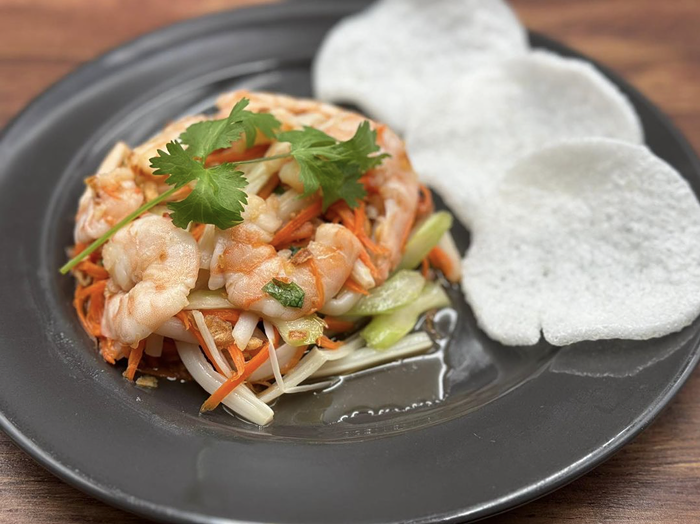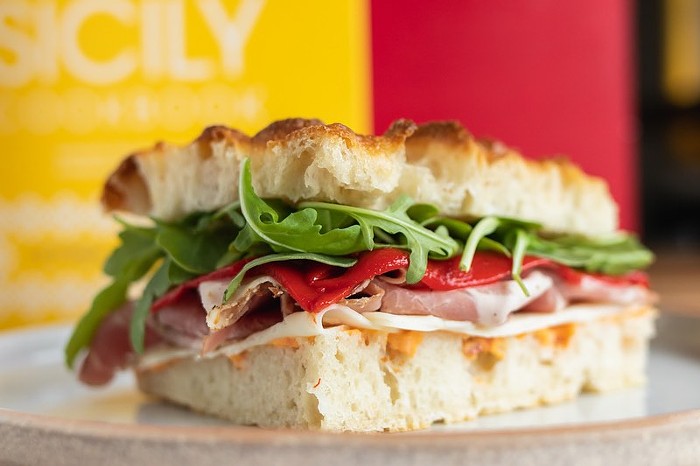In the delicate balance of public services split between the City of Portland, the county and Metro, file "experimental tamale cart purveyance" squarely under Multnomah County.
A perceived uptick in the number of tamale vendors plying their delicious, if technically illegal, wares in recent years has Multnomah County Health Department officials toying with a novel form of outreach.
The department is in the midst of assembling around a dozen temperature-controlled, rolling carts they plan to loan out to tamale vendors this summer—part of an effort to educate them on proper, safe food-handling techniques and ensure they're properly permitted.
"Selling out of an Igloo cooler isn't necessarily the best way to be safe," says Kari Lyons-Eubanks, a program specialist with the health department. 'Were trying to build a model push cart, like a new mobile food unit that would meet the requirements of the food code."
Using federal grant money, the health department is waiving substantial licensing and inspection fees for 10-12 vendors over the summer, a move that will formally come up for vote in the Multnomah County Board of Commissioners meeting this Thursday. With its carts, fashioned from a temperature controlled unit mounted on a hand-truck, the county will work with vendors to monitor tamale temperature and supply measurements back to inspectors over the course of the summer.
"We're trying to be really intentional and listening to the community about what's gonna work for them," Lyons-Eubanks says. "It's literally like: 'Lift it up. Do you think you could lift this on the bus?'"
The health department hopes to get its fleet of carts finished by June. The project isn't modeled on any others around the country, Lyons-Eubanks says. "We're making it up."
No one's sure how many vendors operate in the county, rolling coolers from house to house or into neighborhood establishments. But health officials believe their numbers are growing, spurred by the economic downturn and, maybe, an "interest in local products," according to a report to the county commission.
"However, health and safety concerns related to unlicensed vendors are serious, and may surpass those related to food cart vendors," the document says. "This puts the seller at legal risk for violating current rules and regulations and the consumer risk for illness."
The waiver of licensing fees is a big help for the vendors attached to this project—and it's completely possible the cost barrier will limit how many tamale peddlers ultimately go legit.
Vendors who want their businesses operating legally face a minimum $775 in licensing and inspection fees. There are additional costs if the county's going to sign off on whatever kitchen the food is prepared in. Lyons-Eubanks estimated total start-up costs at roughly $1,200, which is, as they say, a lot of tamales.



















